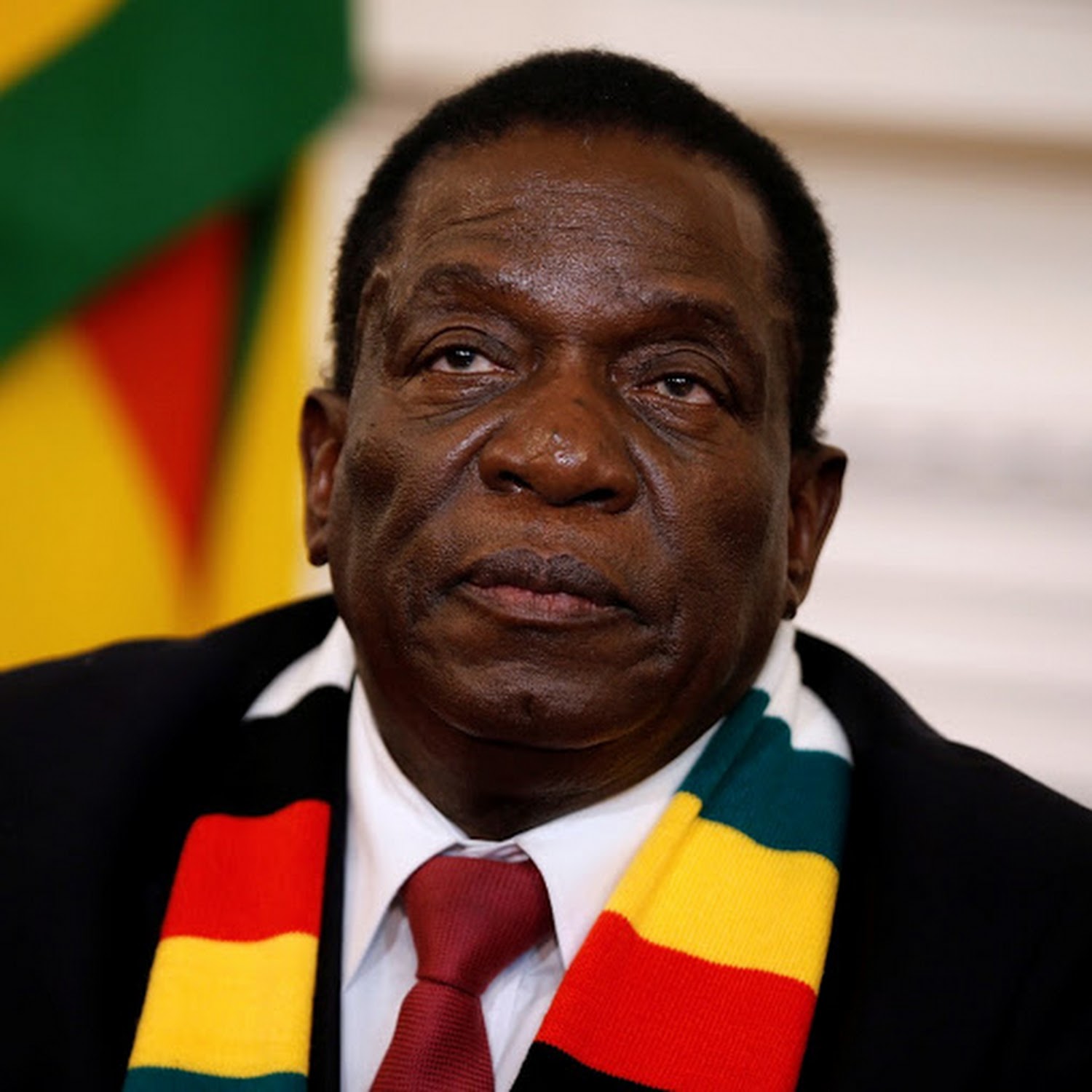As the 2023 general elections beckon, President Emmerson Mnangagwa has called upon the legislature to speedily conclude amendments to the Electoral Act, which is a key legislation in the country’s electoral processes.
Zimbabweans are set to go to polls between July and August next year to elect a president, senators, members of the National Assembly, and councillors.
Speaking during his State of the Nation Address (SONA) which coincided with the official opening of the fifth session of the 9th Parliament of Zimbabwe at the new Parliament building in Mount Hampden Wednesday, President Mnangagwa said the Electoral Amendment Bill should be finalised as a matter of urgency.
“The Electoral (Amendment) Bill, which spells out new provisions for holding the 2023 Harmonised Elections, should be speedily concluded,” said Mnangagwa.
Political players, seeking the people’s mandate during the upcoming 2023 Harmonised Elections, must maintain and consolidate the peace, unity, harmony and love that we have built under the Second Republic. Violent confrontations have never been part of our culture.”
Further outlining the fifth session of the ninth Parliament’s legislative agenda, Mnangagwa also said devolution legislation should be prioritised.
“The Fifth Session must speedily consider legislation towards alignment of the Devolution and Decentralisation Programme of the Second Republic, through amendments of the Provincial Councils and Administration Act; the Rural District Council’s Act; as well as the Regional, Town and Country Planning Act,” said Mnangagwa.
“The Disaster Risk Management Bill will promote the involvement of all citizens in effective disaster preparedness, mitigation, response and recovery measures.
The government shall be seeking Parliamentary ratification of various Memoranda of Understanding regarding partnerships to promote ICT infrastructure and skills development. Through the Electronic Transactions and Electronic Commerce Bill, Government seeks to establish a legal framework that facilitates fair, accessible, responsible and sustainable online transacting, including the recognition of digital signatures.”
He added that the Criminal Law (Codification and Reform) (Amendment) Bill, 2022; the Public Interest Disclosure (Protection of Whistleblowers) Bill, 2022; the Electoral (Amendment) Bill, 2022; the Witness Protection Bill; the Zimbabwe Human Rights (Amendment) Bill; and the Legal Aid (Amendment) Bill must all be tabled during the fifth session of the Parliament.

